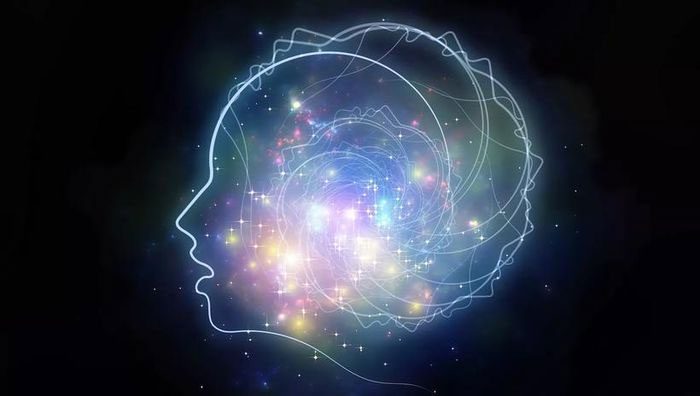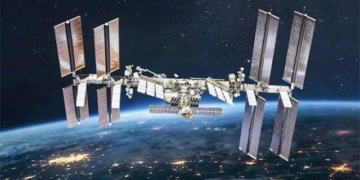A new study has found that humans can create false memories about events just seconds after they occur.
This phenomenon is referred to by researchers as “short-term memory illusion.” It demonstrates how easily and quickly people can reconstruct experiences to fit our biases, rather than accurately recording what actually happened. The researchers published their findings in the journal PLOS One.

Memories shaped by what we expect to see.
The researchers noted that short-term memory does not always accurately represent what has just been perceived. Instead, memories are shaped by what we expect to see right from the formation of the initial memory trace.
To test the accuracy of short-term memory, the researchers invited 534 volunteers to participate in a series of four experiments. Each experiment was designed around memorizing a sequence of letters from the Latin alphabet.
In each round, participants were shown a collection of letters arranged in a circle. The letters would then disappear. Following this, a letter would appear in a specific position within the circle to indicate to the participant what they needed to remember. Participants had to recall both the letter and its orientation.
Occasionally, participants were shown a second unrelated letter before the memory test. After providing their answers, they were asked to rate their confidence level, from very low to very high, regarding their ability to guess correctly.
When asked to recall what they saw just half a second later, participants were incorrect less than 20% of the time. This error rate increased to 30% when asked three seconds later.
When asked to remember whether a letter was facing forward or backward, 37% of the time, participants who answered with high confidence believed the letter was in its normal position.
To confirm their findings, the researchers repeated the test in three similar experiments with a different group of 348 participants. These individuals exhibited the same trend of misremembering the orientations of the letters. In all experiments, misjudging the direction of the letters was the most common error.
This indicates that the human brain records experiences based on preconceived notions (in this case, how a character appears), allowing us to make better predictions about the world while simultaneously disregarding details that do not align with those biases.
The researchers stated: “These memory illusions seem to be the result of world knowledge rather than visual similarity. Taken together, the results suggest that knowledge can shape memory even when the memory is just being formed.”





















































